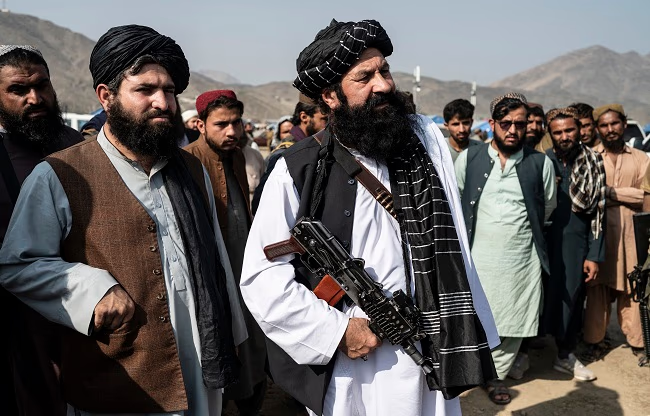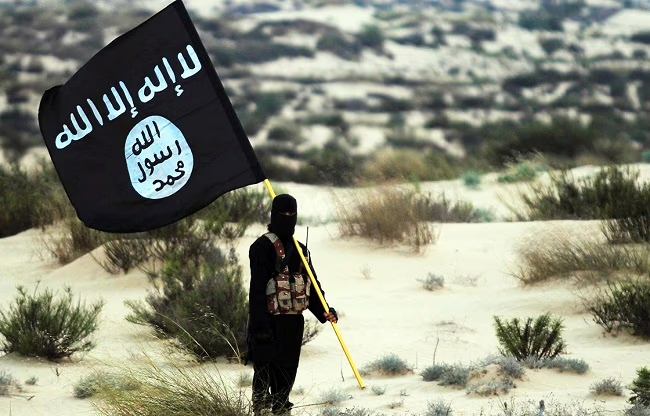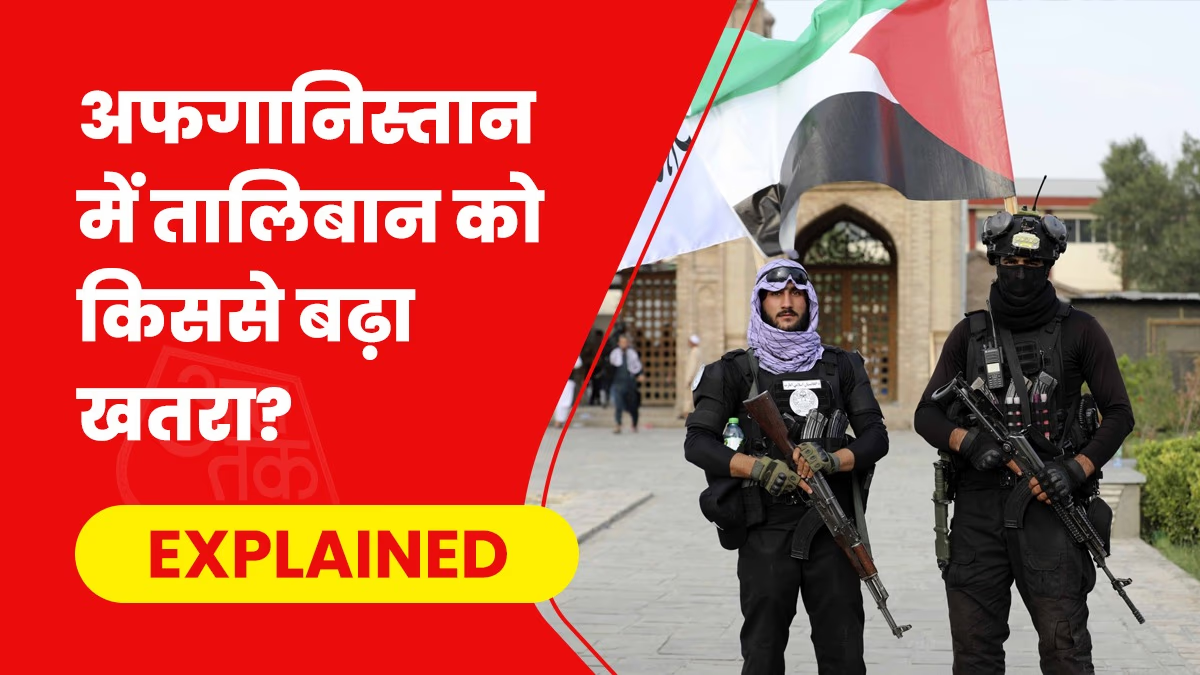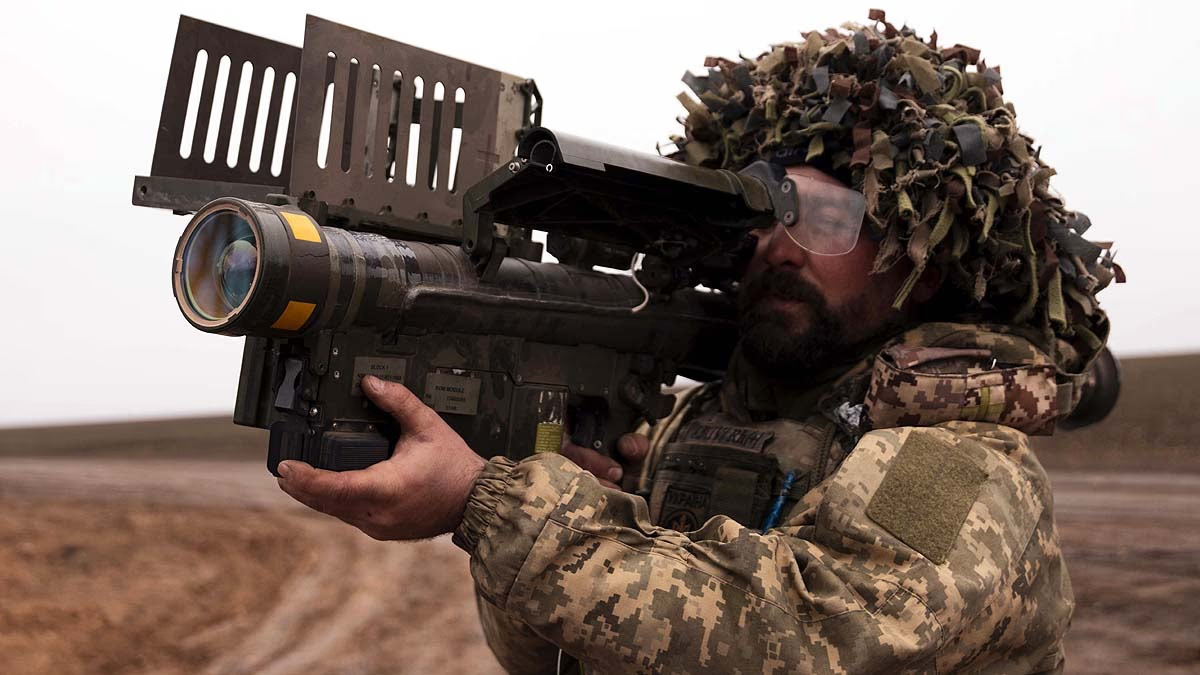Nearly four years ago, the Taliban overthrew the Afghan government and seized control of the country. Since then, they have been striving for international recognition as a legitimate government, although this has yet to be achieved. On the contrary, they are losing ground internally. Two days ago, a blast in the capital, Kabul, claimed the life of Taliban government minister Khalil Haqqani. The Islamic State of Khorasan has claimed responsibility for the attack. What is this group, and why is it hostile to the Taliban?
Who is ISIS-Khorasan?
The group is a faction of the Islamic State, led by militants from Afghanistan and Pakistan. Its headquarters is in Nangarhar province of Afghanistan. Originally, the Islamic State had strongholds in Syria and Iraq, but it was also spreading to numerous Muslim-majority countries. In 2015, it entered Afghanistan, getting the name ISKP.
ISKP is a branch of ISIS, established to enforce radical Islamic governance in Afghanistan and surrounding regions. The term 'Khorasan' is not merely geographical; it also holds historical significance, being considered a bastion of loyalty to Islam. The extremist group has capitalized on this narrative to attract young followers.

Source: aajtak
Why is it active here?
Afghanistan's geographical landscape is ideal for hiding. Its mountains and trenches make it easy to hide and cross borders. The country’s weak administration and ongoing turmoil continue to provide a fertile environment for ISIS expansion. ISIS-K is drawing those disgruntled with the Taliban's rule towards its fold.
Reasons for Enmity with the Taliban
The Islamic State of Khorasan and the Taliban are both driven by extremity, yet they remain sworn enemies. The Taliban appears lighter as compared to IS, which seeks to implement Islamic law across the globe, while the Taliban's vision is more regional. ISIS believes the Taliban is religiously weak for seeking Western approval to establish themselves politically. Both factions are vying for dominance in Afghanistan.

Source: aajtak
ISIS-K frequently launches attacks against the Taliban, like the 2021 attack on Kabul airport. They claimed responsibility for the recent minister's assassination. This group is even more brutal and radical than the Taliban, targeting schools, hospitals, and places of worship. They have also issued threats around major international events to assert their presence globally, such as during the preparations for the Paris Olympics.
Can ISIS-K overtake the Taliban?
Currently, this seems unlikely. The Taliban has more experience in the country, having ruled during the 90s. They have more supporters and resources, particularly in rural areas. After forming the new government, they gained substantial control over Afghan institutions and infrastructure.
The missing component is international support, which would allow them to stand among world governments. Most nations recognize the Taliban as a terrorist group. Until acknowledged, they will lack adequate global aid, potentially affecting the Afghan populace. This situation could benefit the Islamic State, though they currently have fewer fighters and resources. Their strength lies in their propaganda, external funding, and violent operations.
Why Taliban Lacks Diplomatic Recognition
The Taliban emerged as an extremist Islamic militant group, advancing under the banner of Sunni Islamic teachings, soon revealing their true intentions. Upon seizing power, they imposed Sharia law, restricting women's freedoms and clothing. They banned teenage girls' education in most areas, causing international objections.




